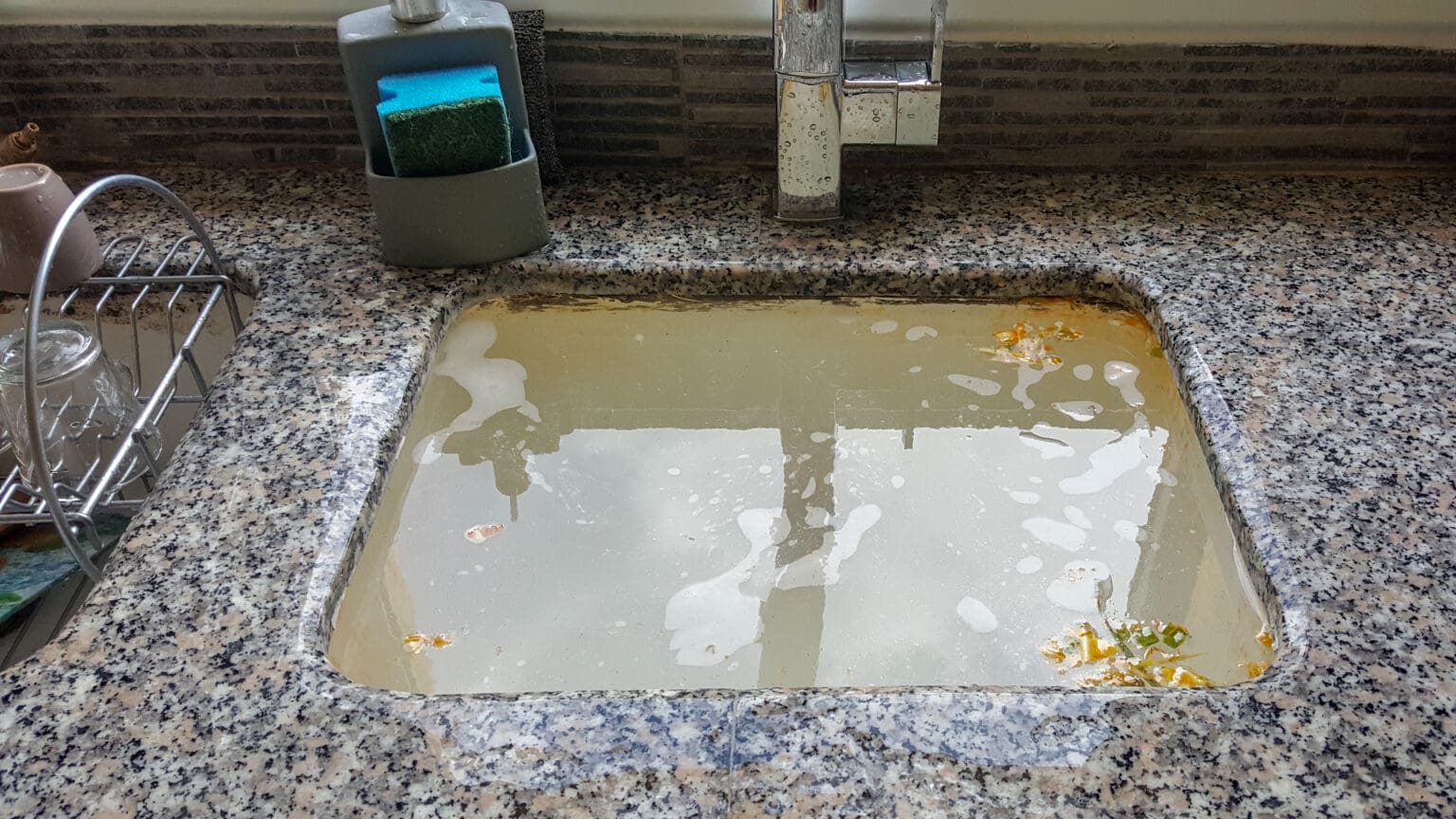Top Causes of AC Freezing Up
Frozen AC coils can really prevent your HVAC system from doing its job, and they can cause damage to your home once they thaw out. Frozen AC coils can happen to anyone, and at any temperature, even if you think it’s too hot outside for the AC to freeze up.
Once it’s frozen, it can take a very long time for the coils to thaw out and get back to functioning. Here are the top causes of frozen evaporator coils and how you can prevent them from freezing in the future.
Dirty Coils
One of the simplest causes of a frozen air conditioner coil has to do with dirt that builds up on the surface of the coils over time. The extra layer of dirt between the coil and the air that is supposed to be touching the coil can actually prevent heat transfer from happening correctly.
When this happens, the hot air stays hot, and the cold coils just get colder and colder. Eventually, this means that condensation builds up and freezes on the coil. The longer this goes on, the thicker the layers of ice will become until the system is completely incapable of cooling at all and the coils are totally frozen into a thick block of ice.
In order to fix the problem, you will have to shut it off completely and wait for the coil to thaw down to the bare metal so that you can clean the coil properly.
Cleaning coils is a relatively easy task if you take care of it on a regular basis. This service is included in any quality maintenance plan if you hire an HVAC contractor to service your system twice each year. Otherwise, you can buy coil cleaner at any home improvement store and use a brush to gently knock any dirt off the coils.
Airflow Problems
Another common cause of frozen coils is airflow issues. Similar to dirty coils, a blocked filter can prevent hot air from passing over the coil in the first place. This means that the cold coil is relatively isolated and never exchanges heat to keep the refrigerant flowing normally.
The coil will freeze up under these conditions and will require time to thaw out before you can turn it back on. If you continue to use your system without proper airflow, you risk causing significant damage to your compressor.
When it comes to airflow problems, there are several tasks that need to be done. First, you should inspect the area around both your indoor and outdoor units to ensure that air can flow freely in every direction. It is not uncommon to see a buildup of leaves and debris from the fall that is blocking airflow around the outside unit.
You will need to remove the debris and create a space around the entire unit to allow for clear airflow. Next, all of the filters need to be changed. If you do not know where your filters are located, you will want to call an HVAC contractor to check your filters and set up a replacement schedule. If the problem persists, there are other causes of restricted airflow that may require an expert to diagnose, like a broken fan.
Low Refrigerant
Finally, an evaporator coil frozen solid may be caused by the low refrigerant in the system. This happens because there is not enough refrigerant in the lines to keep the system cycling normally. Instead, the system stays on for prolonged periods of time trying to reach the desired temperature, until it freezes up accidentally.
When this occurs, the only choice is to call a licensed professional who can find the source of the refrigerant leak and refill the system so that it is able to cool effectively. Oftentimes, this issue is also accompanied by blocked lines that are preventing the refrigerant from flowing normally through the system in the first place.
These are the most common causes of frozen evaporator coils in most homes. If you believe that your system has frozen up and is not cooling properly, the best thing to do is call Day and Night Air.
We can come out to diagnose the cause of your frozen coils, make sure that all of your maintenance is up to date, and help ensure that the system is running properly after the coils thaw out. We have seen plenty of frozen systems in Phoenix, and we know just what to do to get your HVAC running properly before you start to feel the heat.







